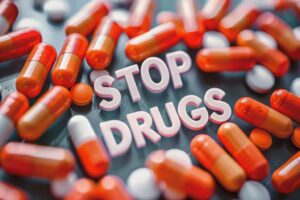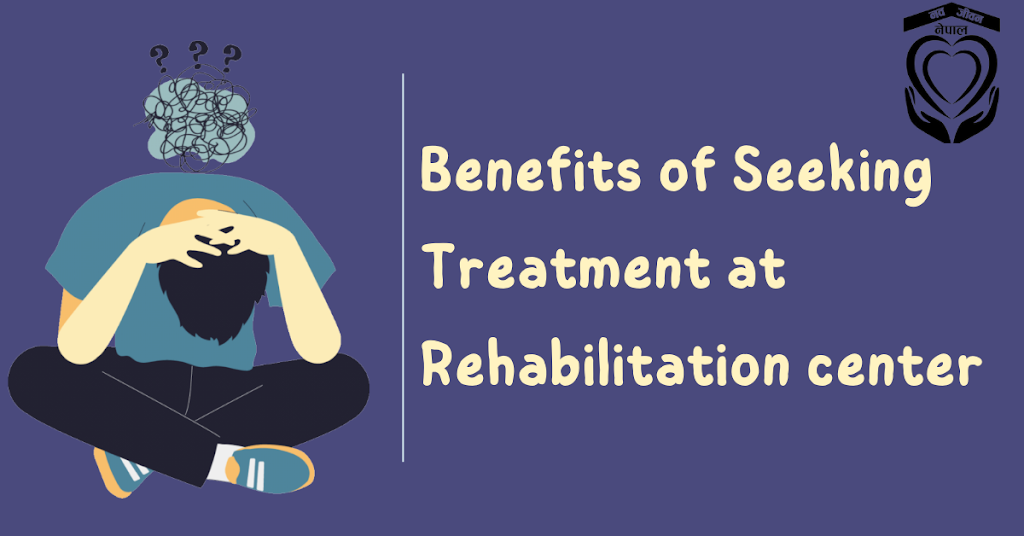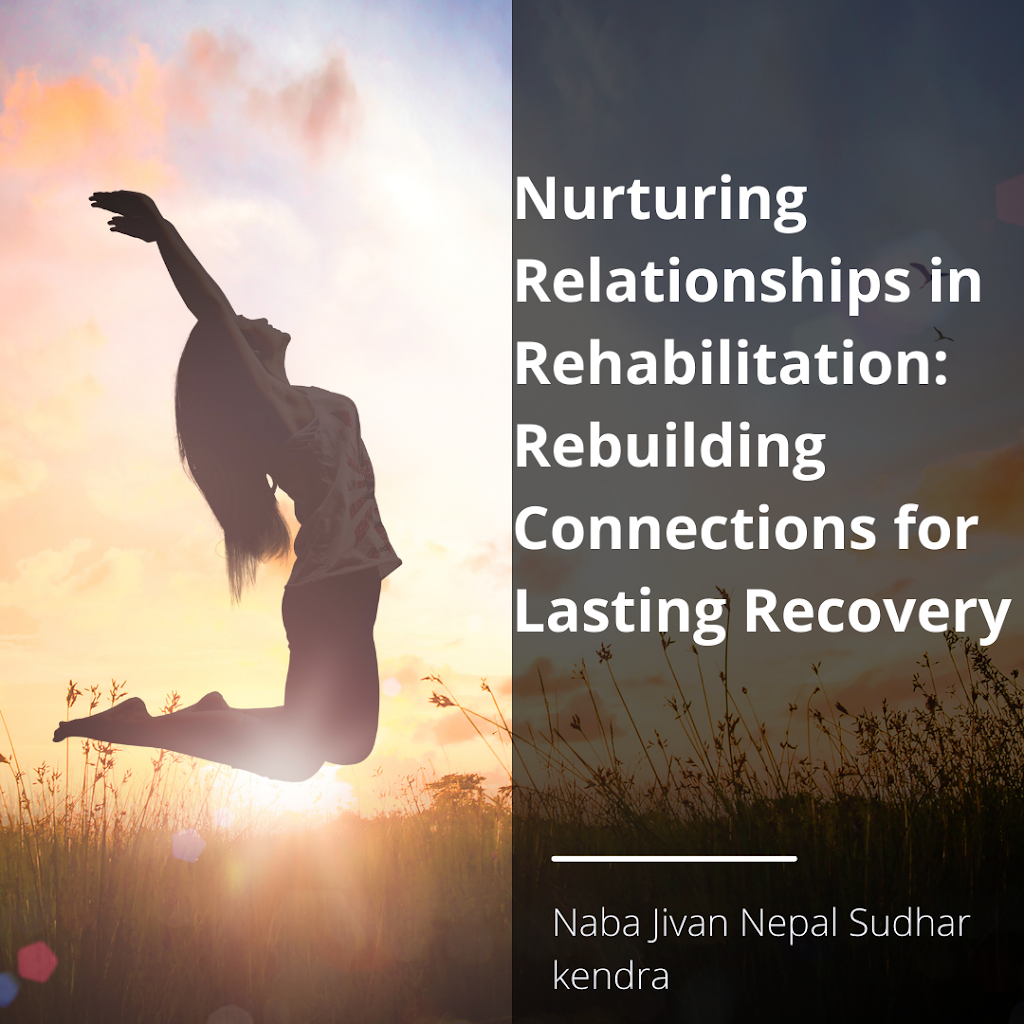Drug abuse
prevention in Nepal
Drug abuse is a
growing concern worldwide, and Nepal is no exception. With the increasing
availability and misuse of substances like tobacco, alcohol, cannabis (ganja),
and other addictive drugs, it’s imperative to address this issue head-on. Drugs
not only deteriorate an individual’s health but also impact families,
communities, and the nation’s overall progress. This comprehensive guide aims
to shed light on the prevalence of drug abuse in Nepal, its detrimental
effects, and effective ways to prevent it. Remember, Choose Life, Not Drugs.
Understanding
Drug Abuse in Nepal
The Current Scenario
In recent
years, Nepal has witnessed a surge in drug abuse cases across various age
groups, particularly among the youth. Factors such as unemployment, peer
pressure, easy accessibility, and lack of awareness contribute to this alarming
trend.
According to
reports, the number of drug users in Nepal has been steadily increasing,
leading to numerous health complications, social issues, and economic burdens.
The misuse of substances not only affects the user’s well-being but also poses
significant challenges to societal harmony and development.
Commonly Abused Substances in Nepal
- Tobacco
- Widely consumed in forms like
cigarettes, chewing tobacco, and snuff. - Leads to serious health issues
including lung cancer, heart disease, and respiratory problems. - Alcohol
- Excessive consumption is
prevalent, often leading to addiction. - Causes liver diseases, mental
health issues, and contributes to domestic violence and accidents. - Cannabis (Ganja)
- Traditionally used in some
cultural contexts but increasingly misused recreationally. - Can impair cognitive functions,
induce mental health disorders, and act as a gateway to harder drugs. - Other Addictive Drugs
- Includes opioids,
methamphetamine, and prescription drug abuse. - Highly addictive and associated
with severe health risks, including overdose and death.
The Impact of
Drug Abuse
Health Consequences
- Physical Health
- Chronic diseases such as
HIV/AIDS, hepatitis, cardiovascular diseases, and various forms of
cancer. - Weakened immune system, making
individuals more susceptible to infections. - Mental Health
- Increased risk of depression,
anxiety, psychosis, and other mental disorders. - Cognitive impairments affecting
memory, decision-making, and attention.
Social and Economic Effects
- Family Dynamics
- Strained relationships, domestic
violence, and neglect of responsibilities. - Financial instability due to
expenditure on drugs and loss of employment. - Community and Society
- Rise in crime rates, including
theft and violence. - Burden on healthcare and legal
systems, hindering national development.
Effective Ways
to Prevent Drug Abuse
Preventing drug
abuse requires a multifaceted approach involving individuals, families,
communities, and government bodies. Here are some effective strategies to
combat this menace:
1. Education and Awareness
- Comprehensive Education Programs
- Implement educational initiatives
in schools and colleges highlighting the risks associated with drug
abuse. - Organize community workshops and
seminars to spread awareness among all age groups. - Media Campaigns
- Utilize television, radio, social
media, and print media to disseminate information and promote anti-drug
messages. - Share real-life stories and
testimonials to illustrate the consequences of drug misuse.
2. Develop and Practice Healthy Coping Mechanisms
- Stress Management
- Engage in activities like yoga,
meditation, and mindfulness to handle stress effectively. - Encourage hobbies and sports to
channel energy positively. - Emotional Support
- Foster open communication within
families and peer groups to discuss emotional challenges. - Seek professional counseling when
dealing with mental health issues or traumatic experiences.
3. Resist Peer Pressure
- Assertiveness Training
- Learn and practice saying ‘no’
confidently to offers and suggestions involving drug use. - Surround yourself with supportive
and like-minded individuals who respect your choices. - Positive Social Circles
- Participate in community groups,
clubs, and organizations that promote healthy and constructive
activities. - Build friendships based on mutual
respect and common interests that do not involve substance abuse.
4. Set Clear Personal Boundaries
- Self-Discipline
- Establish personal goals and
values that prioritize health and well-being over temporary pleasures. - Recognize situations and
environments that may lead to drug exposure and avoid them proactively. - Accountability
- Hold yourself responsible for
your actions and understand the long-term implications of drug use. - Seek feedback and support from
trusted individuals to maintain your commitment to staying drug-free.
5. Seek Help When Needed
- Professional Assistance
- Reach out to healthcare
providers, counselors, and rehabilitation centers for guidance and treatment. - Understand that seeking help is a
sign of strength and a critical step towards recovery. - Support Networks
- Join support groups and
communities that offer encouragement and share strategies for overcoming
addiction. - Utilize helplines and online
resources for immediate assistance and information.
Role of
Government and NGOs
Government Initiatives
- Policy Implementation
- Enforce strict laws and
regulations to control the production, distribution, and consumption of
illegal substances. - Allocate resources towards
rehabilitation centers and healthcare services specializing in addiction
treatment. - Education and Employment
Opportunities - Develop programs aimed at
providing quality education and job opportunities to reduce vulnerability
to drug abuse. - Support youth engagement
initiatives that focus on skill development and entrepreneurship.
Contribution of NGOs
Organizations
like Nabajivan Nepal play a pivotal role in combating drug abuse through
various programs and services:
- Awareness Campaigns
- Conducting outreach programs to
educate communities about the dangers of drug abuse. - Rehabilitation Services
- Offering treatment and support to
individuals struggling with addiction to facilitate their reintegration
into society. - Community Engagement
- Collaborating with local
communities to create supportive environments that discourage drug use.
Drug abuse
poses a significant threat to the health and prosperity of individuals and the
nation as a whole. By educating ourselves, practicing healthy coping
strategies, resisting peer pressure, setting clear boundaries, and seeking help
when needed, we can collectively work towards a drug-free Nepal. It’s time to
take a stand and say, “Don’t let drugs ruin your life.”
Embrace a future filled with health, happiness, and endless possibilities.
Remember, Choose Life, Not Drugs.
Stay Informed.
Stay Healthy. Stay Drug-Free.




